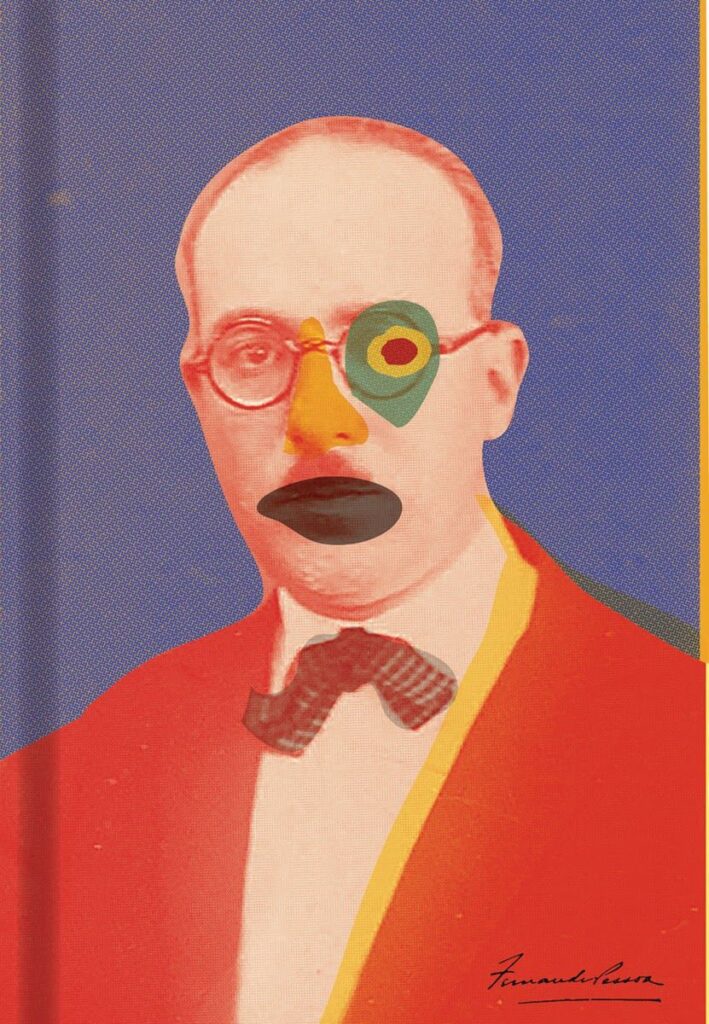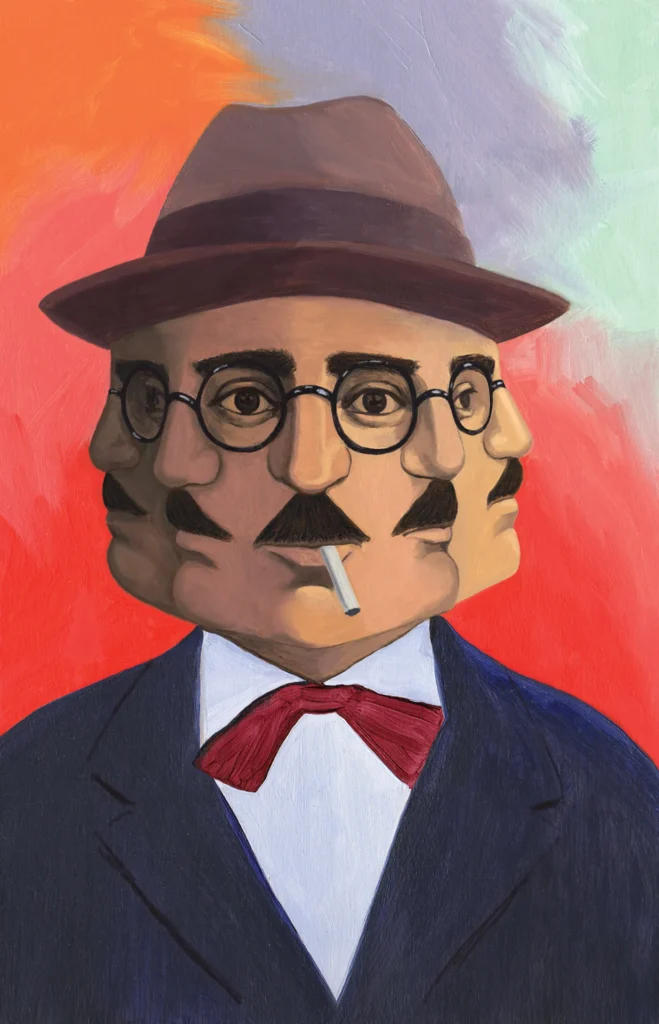About
Author: Fernando Pessoa (Portugal)
Genre: Philosophical
Setting
Place: Lisbon
Time: 1910s – 1930s
My Rating (see what this means)
My Subjective Rating: 3
My ‘Objective’ Rating: 1.63
Introduction

The Book of Disquiet, by ‘a not-real-person’ Bernando Soares is Fernando Pessoa’s magnum opus. It was never completed or edited but stumbled upon after Pessoa’s death in a trunk full of papers. Despite extensive editing by persons who recognized the literary treasure in these pages – the book remains a structureless mess – which still disallows the reader to dismiss as just a structureless mess.
Soares’ claim remains unheard –
“In these random impressions, and with no desire to be other than random, I indifferently narrate my factless autobiography, my lifeless history. These are my Confessions, and if in them I say nothing, it’s because I have nothing to say.”
…while readers keep searching for meaning
Synopsis
Bernando Soares is one of Fernando Pessoa’s many heteronyms – best explained in translator’s Richard Zeith’s introduction –
The problem with Cogito, ergo sum, for Pessoa, wasn’t in the philosophical principle but in the grammatical subject. ‘Be what I think? But I think of being so many things!’ cried heteronym Álvaro de Campos in ‘The Tobacco Shop’, and those myriad thoughts and potential selves suggested anything but a unified I. Much more than a literary ploy, heteronym was how Pessoa – in the absence of a stable and centered ego – could exist. ‘We think, therefore we are’ is what, in effect, he says. And even this form of self – affirmation is chancy, for in his moments of greatest doubt and detachment, Pessoa looks within and whispers, with horror: ‘They think, therefore they are.’

Classifying ‘the Book of Disquiet’ as a novel is a stretch. And hence my objective framework fails miserably when rating the book. But classifying is a anything else is also incorrect. Arguably the closest categorization might be as a work of philosophy dealing with existentialist angst or the fragmentation of the self – but it is itself too fragmented to lay out any neat argument.
Reading it was a joy as well as a pain for the structure obsessed me. Paragraph length chapters are beautifully written to make you pause and appreciate the writing –
And so, contemplators of statues and mountains alike, enjoying both books and the passing days, and dreaming all things so as to transform them into our own substance, we will also write down descriptions and analyses which, when they’re finished, will become extraneous things that we can enjoy as if they happened along one day.
And then for me it became frustrating as they seemingly led nowhere. Did I enjoy the book? Not always. Do I think there is something of value in the book knowing Pessoa/Soares claim there is nothing – maybe.
Was I entertained? – Well!
If what I write in the book of travellers can, when read by others at some future date, also entertain them on their journey, then fine. If they don’t read it, or are not entertained, that’s fine too.
Picture Credits:
- Cover Picture: Will the real Fernando please stand up? – Ilan Stavans
- https://www.nybooks.com/articles/2021/10/07/fernandopessoa-escape-artist/